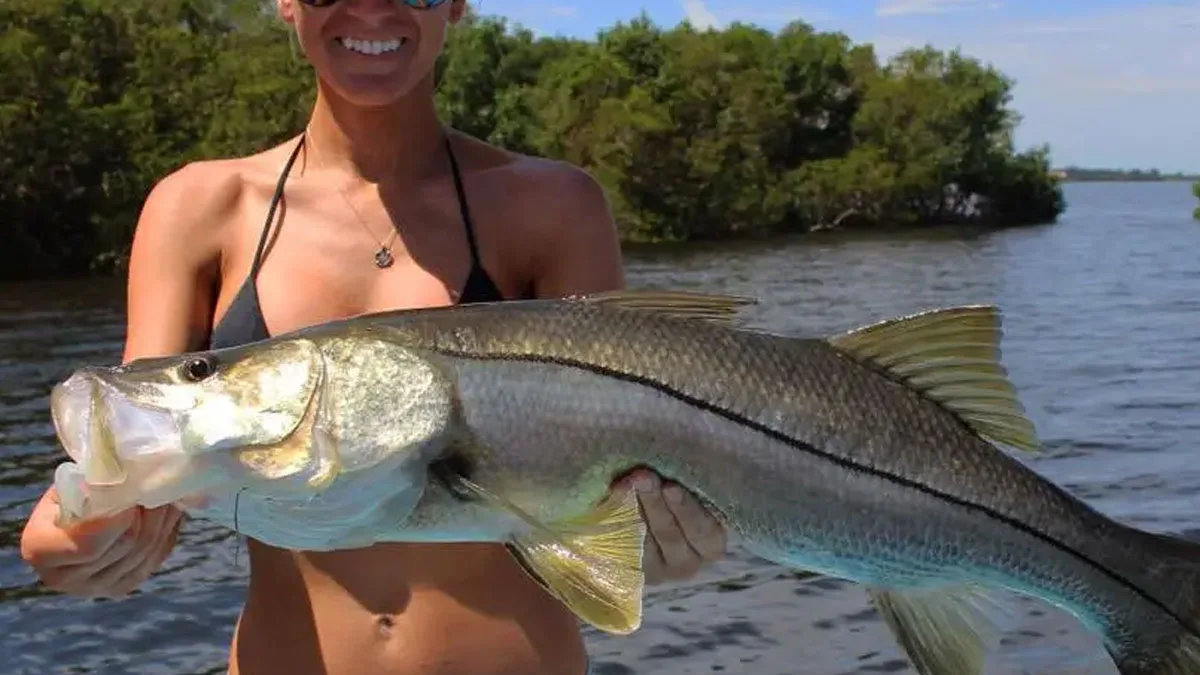Snook, a popular game fish found primarily in the waters of Florida and other parts of the Gulf Coast, is subject to specific fishing regulations, including periods during which it is illegal to catch them. This article examines the reasons behind these legal restrictions, focusing on conservation efforts and the management of snook populations in the United States.
Regulatory Background
Snook is highly valued both commercially and recreationally, which has led to increased fishing pressure over the years. Due to its popularity, snook populations have faced significant threats from overfishing. In response, state and federal agencies have implemented a range of regulations designed to ensure the sustainability of snook stocks.
Legal Protections for Snook
Seasonal Closures: One of the primary legal measures to protect snook is the establishment of closed seasons. These periods, during which it is illegal to catch snook, are typically timed to coincide with spawning seasons to allow the fish to reproduce without interference from fishing activities.
Size and Bag Limits: In addition to seasonal closures, regulations often include size limits and bag limits (the number of fish an individual can legally keep). These limits are intended to ensure that only mature snook are caught and that juvenile fish have the opportunity to grow and contribute to the population.
Licensing Requirements: Fishermen are required to obtain a specific license to fish for snook, which helps regulate the number of people legally allowed to fish and ensures that they are aware of the current regulations.
Conservation Efforts
The management of snook populations is supported by research and monitoring programs conducted by environmental and wildlife agencies such as the Florida Fish and Wildlife Conservation Commission (FWC). These programs help assess the health of snook populations and the effectiveness of current regulations, allowing for adjustments based on scientific data.
Impact of Regulations
Studies have shown that these protective measures have positive impacts on snook populations. Seasonal closures and size limits help maintain more balanced age and size structures within the snook population, which are crucial for the long-term health and sustainability of the species.
Legal Consequences of Non-Compliance
Violating snook fishing regulations can result in significant penalties, including fines, confiscation of fishing gear, and even suspension of fishing licenses. These strict penalties underscore the importance of adhering to regulations designed to protect snook populations.
Conclusion
The legal restrictions on catching snook in the United States, particularly in Florida, are crucial for the conservation of the species. These laws are designed to prevent overfishing, protect snook during their critical reproductive periods, and ensure that future generations can enjoy fishing for this prized game fish.
References
- Florida Fish and Wildlife Conservation Commission – Snook Regulations, https://myfwc.com/fishing/saltwater/recreational/snook/
- National Oceanic and Atmospheric Administration – Fisheries Management, https://www.fisheries.noaa.gov









Leave a Reply